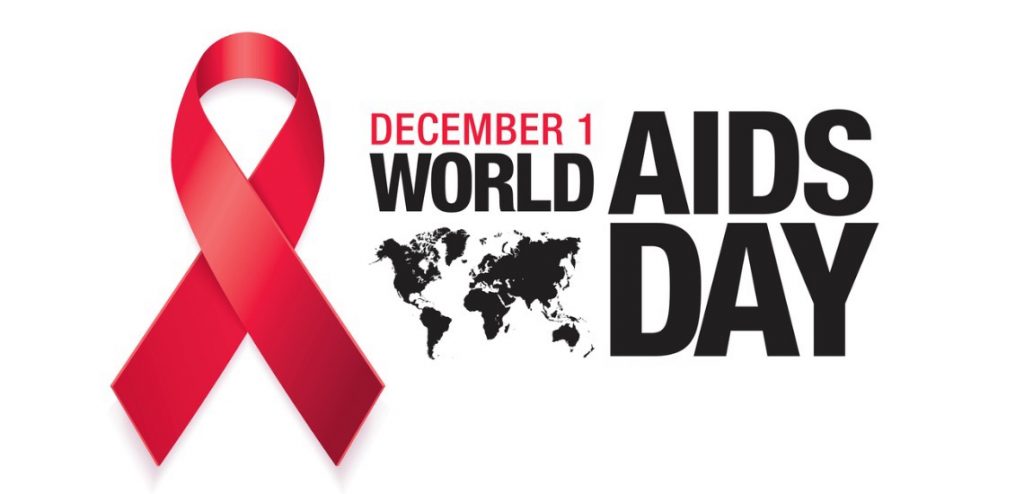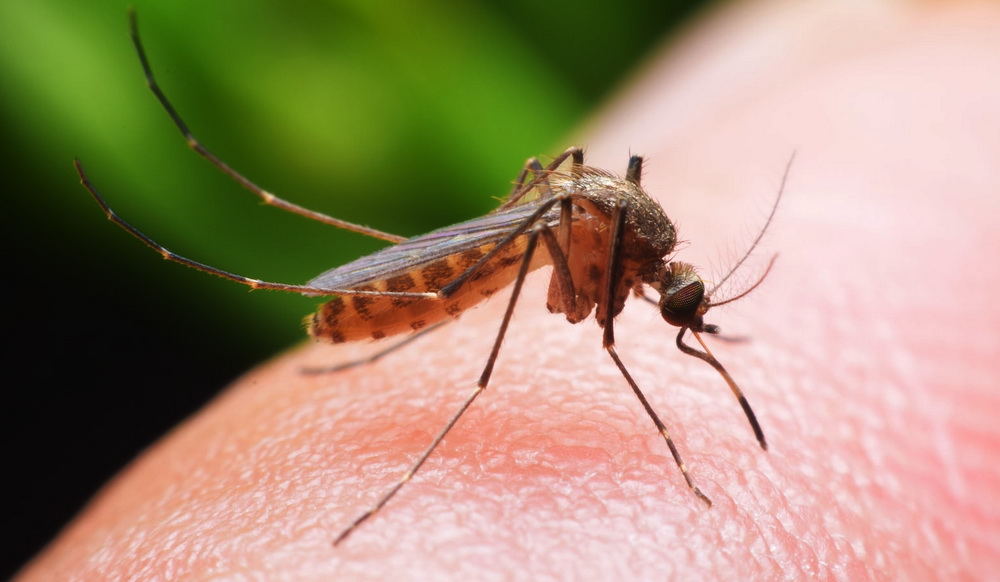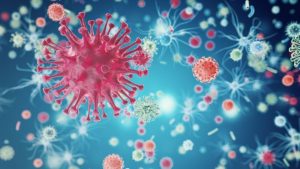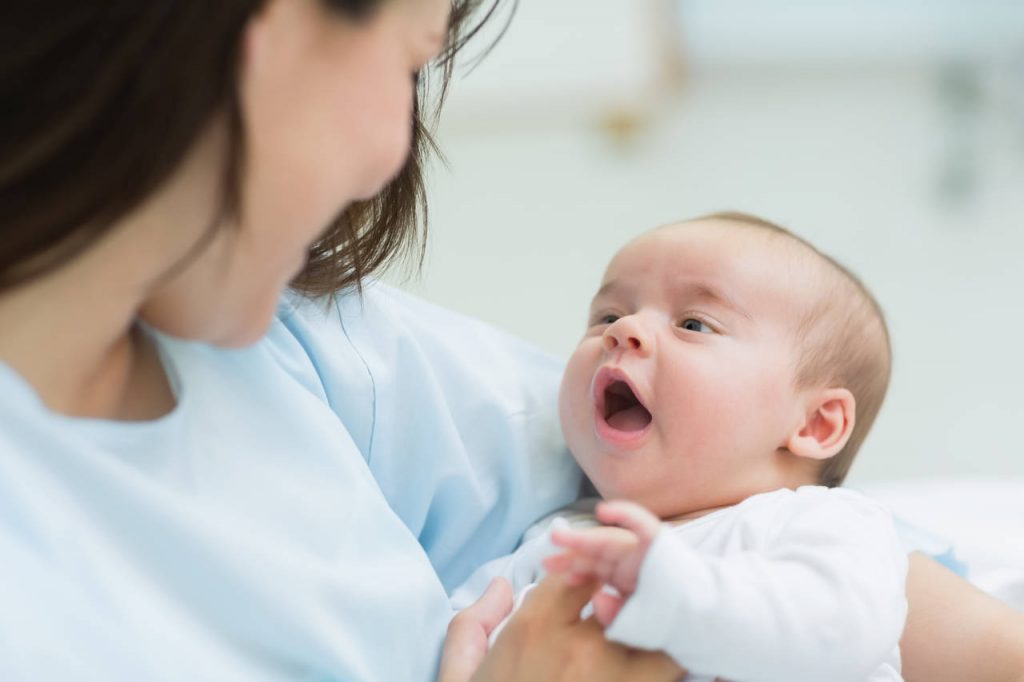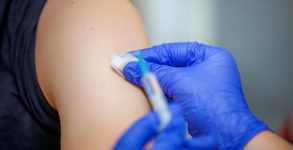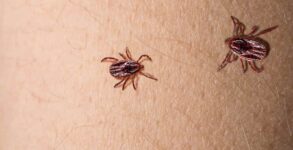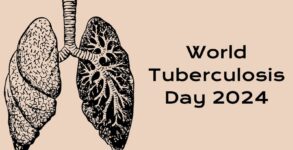In our day-to-day lives, we generally don’t spend all that much time thinking about HIV if we don’t have it. We, therefore, pick up pieces of information here and there—some of which we’ve heard in passing, others of which may be years outdated. In the end, we often hold these “facts” as truths despite them being way off the mark.
It’s been 37 years since the first outbreak of HIV/AIDS was reported in US. When AIDS first showed up, it was a very mysterious disease. It killed a lot of people. Over the years, the number of people affected by HIV/AIDS has decreased, but there are still a lot of misconceptions about the disease.
In light of World AIDS Day, we wanted to raise awareness about common misconceptions people still have today about HIV/AIDS
I am going to die soon
No you are not! There are over 35 FDA approved medications to treat HIV/AIDS. These medications, primarily known as anti-retroviral therapy, allow HIV positive individuals to live a full and healthy life after diagnosis and early treatment.
HIV is a gay man’s disease
HIV does not discriminate against age, race, gender, sexual orientation, class, or any other identifier.
I can get HIV from mosquitoes
Because HIV is spread through blood, people have worried that biting or bloodsucking insects might spread HIV. Several studies, however, show no evidence to support this – even in areas with lots of mosquitoes and cases of HIV. When insects bite, they do not inject the blood of the person or animal they have last bitten. Also, HIV lives for only a short time inside an insect.
I can get HIV by being around people who are HIV positive
HIV isn’t spread through touch, tears, sweat, saliva, or pee
AIDS is genocide
False. HIV isn’t a government conspiracy to kill minorities. Rates of infection are higher in African-Americans and Latinos, but that may be due, in part, to less access to health care and other social and economic factors.
I can wait to start the treatment until I really need it
Not true. The fact is that by delaying HIV therapy, you not only increase the risk of getting an HIV-related infection, you are twice likely to get certain cancers, cardiovascular diseases and other non-HIV-related diseases later in life (and often 10-15 years earlier than in non-infected people).
Because I am HIV, I am going to develop AIDS
It’s possible that you’ll develop AIDS, the disease that HIV causes. But it’s also possible you won’t. If you begin taking HIV drugs promptly, they can help protect you from advancing to AIDS for many years. In fact, it is possible to achieve a near normal life span if you continue to take the drugs correctly.
If I’m getting treatment, I can’t spread the virus
When HIV treatments work well, they can lower the amount of virus in your blood to a level that doesn’t show up in blood tests. This is called an undetectable viral load. However, this doesn’t mean zero viral load, and there can be intermittent increases in the virus level. So while you are less contagious with an undetectable viral load, the risk of spreading HIV is not zero.
My partner and I are both HIV positive – there’s no reason for us to practice safe sex
A big NO! You may still be susceptible to contracting drug resistant strains of HIV. Two sexual partners who are both HIV-positive could have different strains of the virus and, if they have unprotected sex, they could infect one another with another strain, leading to their immune systems being attacked by two different forms of the virus. This could further weaken their immune systems and might require a change to their treatment as different HIV strains require different drugs.
If me or my partner were HIV positive, we could not have children
Not True! HIV infected women are fertile and can have children. If mothers and their babies use the correct medication, it’s possible for HIV-positive women to have HIV-negative babies.

